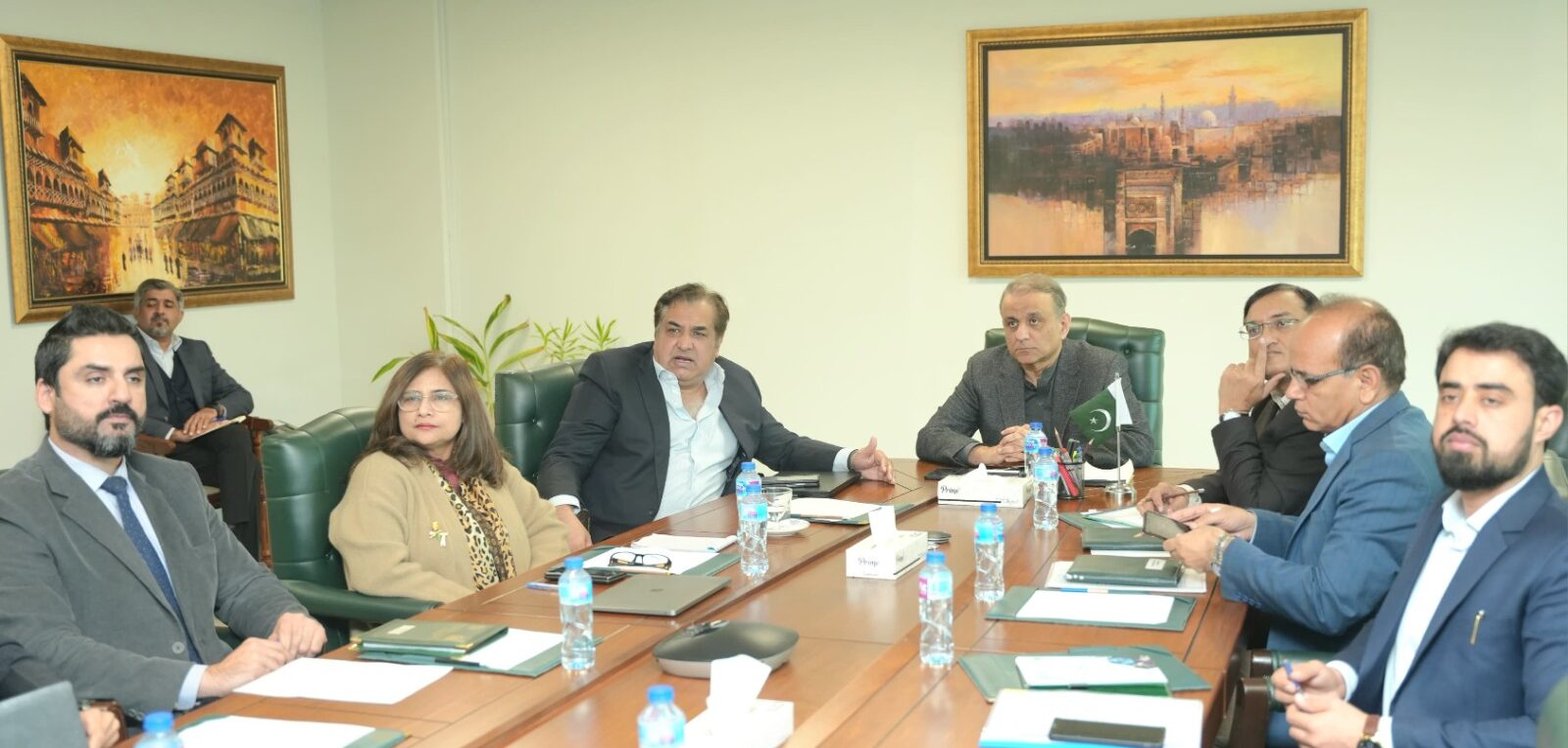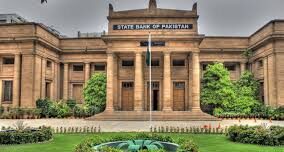Islamabad November 27, 2019: Economic Coordination Committee (ECC) of the Cabinet has approved amendments to a host of rules governing the regulation of upstream petroleum sector to foster ease of doing business and encourage investment in the sector.
The approval to amend nearly 18 rules dealing with approvals, extensions, renewals, revocations and other ancillary matters covered under the Pakistan Onshore Petroleum (Exploration and Production) Rules, 2013, and their subsequent incorporation in relevant Rules governing the regulation of the upstream petroleum sector, was granted at a meeting of Economic Coordination Committee (ECC) of the Cabinet which met at the Cabinet Block today with Adviser to Prime Minister on Finance & Revenue Dr. Abdul Hafeez Shaikh in the chair.
Earlier the ECC was told by the Ministry of Energy that a careful review of the Pakistan Onshore Petroleum (Exploration and Production) Rules, 2013, undertaken in consultation with petroleum industry, consultants engaged for the purpose and under the guidance of the Energy Task Force, had revealed that the Rules were unduly stringent and had never been objectively updated to capture the latest regulatory and best business practices with a progressive approach to regulate the energy sector and encourage investment in this sector.
Under the exercise, it was decided to amend the rules to incorporate clear concept of deemed approval, putting timelines for some proposals and elimination of some approvals as well as revision of monthly reporting requirements to quarterly ones and flexibility in conditions for extensions/renewals to accommodate various types of circumstances which are not covered under the existing rules.
The ECC considered and approved the proposals. Under the ECC decision, the amendments would be notified after formal vetting of the Law Division and would become applicable to the new as well as existing licences and leases and the holders of such leases would be allowed to opt to adopt the changes through the signing of supplemental agreements to the PCA or any other instrument to be finalized in consultation with the Law & Justice Division.
The ECC also approved incorporation of similar amendments in Pakistan Petroleum (Production) Rules 1949, Pakistan petroleum (Exploration and Production) Rules 1986, Pakistan Petroleum (Exploration and Production) Rules 2001 and Pakistan Onshore Petroleum (Exploration and Production) Rules, 2009 which would be notified after formal vetting by the Law & Justice Division. After the said Rules have been repealed, a legally tenable way forward would also be worked out in consultation with the Law & Justice Division.
The ECC also took up a proposal by FBR and approved a technical supplementary grant to the tune of Rs 30 billion for the redemption of bonds issued by the “FBR Refund Settlement Company Limited” to the tune of Rs 30 billion, and payment of sales tax refunds by FBR in the form of cheques in accordance with the prescribed rules.
The ECC also considered another proposal from the Ministry of Information Technology and Telecommunication for extension of Government Sovereign guarantee in respect of Telephone Industry of Pakistan, for a further period of two years from 16th September 2019 to 15th September 2021 and payment of loan amounting to Rs 2.150 million, inclusive of mark-up of Rs 1.030 billion, for smooth process of revival plan of the TIP.
The ECC discussed the proposal in detail and constituted a seven-member high-level committee headed by Adviser to Prime Minister on Commerce, Textile, Industry and Production Abdul Razak Dawood to review the proposal and submit its recommendations to ECC within two weeks.
On another proposal by the Ministry of Information Technology & Telecommunication for exemption of 8 percent minimum Income Tax for National Telecommunication Corporation, the ECC constituted a body comprising Minister for Economic Affairs Division Muhammad Hammad Azhar, Minister for Information Technology & Telecommunication Khalid Maqbool Siddiqui, Chairman Board of Investment and a representative from FBR to review the proposal and present suitable recommendations to ECC.
The ECC also approved a proposal by the Commerce Division for declaration of the erstwhile zero-rated sectors, namely Textiles (including jute), carpets, leather, sports and surgical goods as “Export Oriented Sectors, which includes Textiles, Carpets, Leather, Sports and Surgical Goods”.
The ECC also considered and approved for execution of amendment to the implementation agreements in relation to Thal Nova Power Thar Private Limited and Thar Energy Limited after the ECC in its meeting held on 8th November 2019 had approved a proposal by the Power Division for amending the implementation agreements in relation to both the firms by increasing the time period from 400 to 490 days for the exercise of Government of Pakistan’s right to terminate both the projects as the amendment did not involve any financial impact either on the Government of Pakistan or the consumers.


























































































































































































































































































